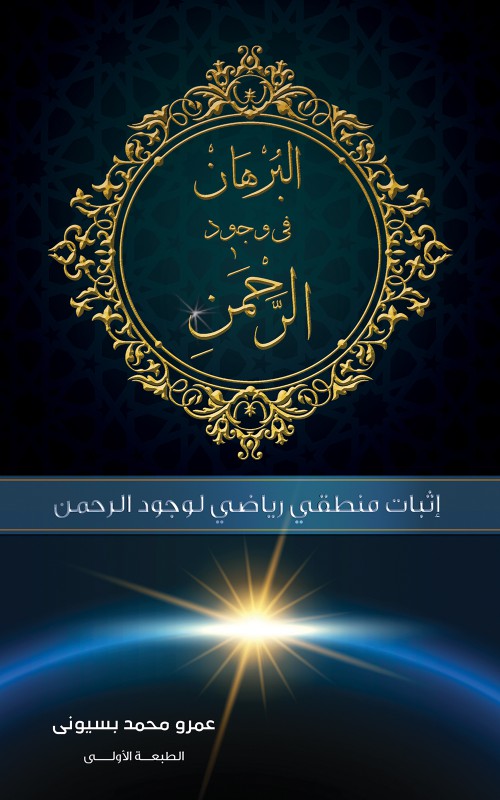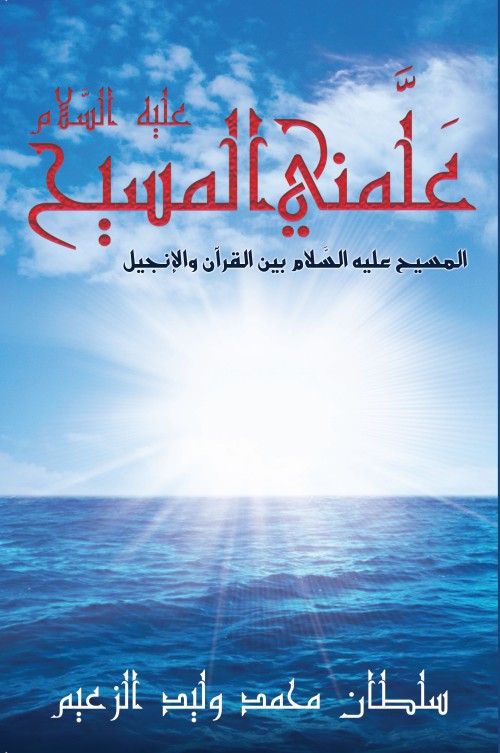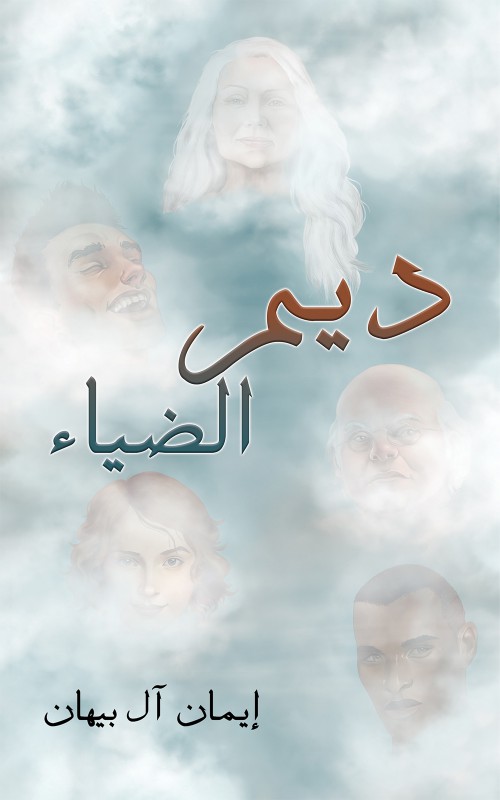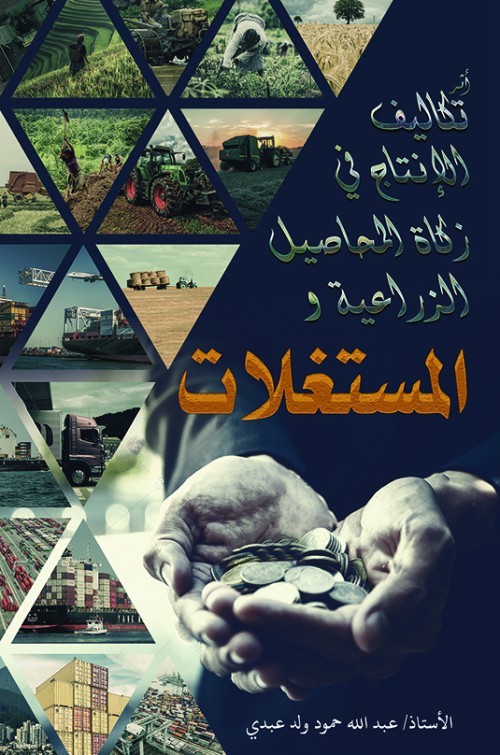The prophetic speeches are a living discourse, originally recorded when it was said, and a text recorded when it was written, which people received verbally from the Prophet (Peace be upon him), and they contain precise meanings related to the themes of divine love, forgiveness and satisfaction.
And the words of God Almighty with His servants, and his dialogue with them, encapsulate psychological and educational benefits, and the organised language that opens new horizons for understanding and interpretation for the reader. The main objective of this book is to analyse the language of hadith according to the levels of discourse analysis, grammatical, lexical, semantic, and deliberative, and to focus on the discursive context of the hadith, which is a context that is broader than the textual context and is integrated with it.
The levels of discourse in the hadiths included the speakers of all times and places, of different races, types, cognitive and intellectual levels, and included readers with different degrees of understanding and interaction with the texts of the hadith.
Sacred discourse is characterised by inviting the reader to actively participate in its understanding. The reader is an active recipient who pays close attention to interact with the text, and he is a recipient that keeps changing in every time and place. In a continuous movement across the ages, the sacred texts remain open texts due to their rhetorical character, capable of different readings that preserved hadith’s intentions and the power of argumentation, and preserved its influential power in the hearts of those addressed.














